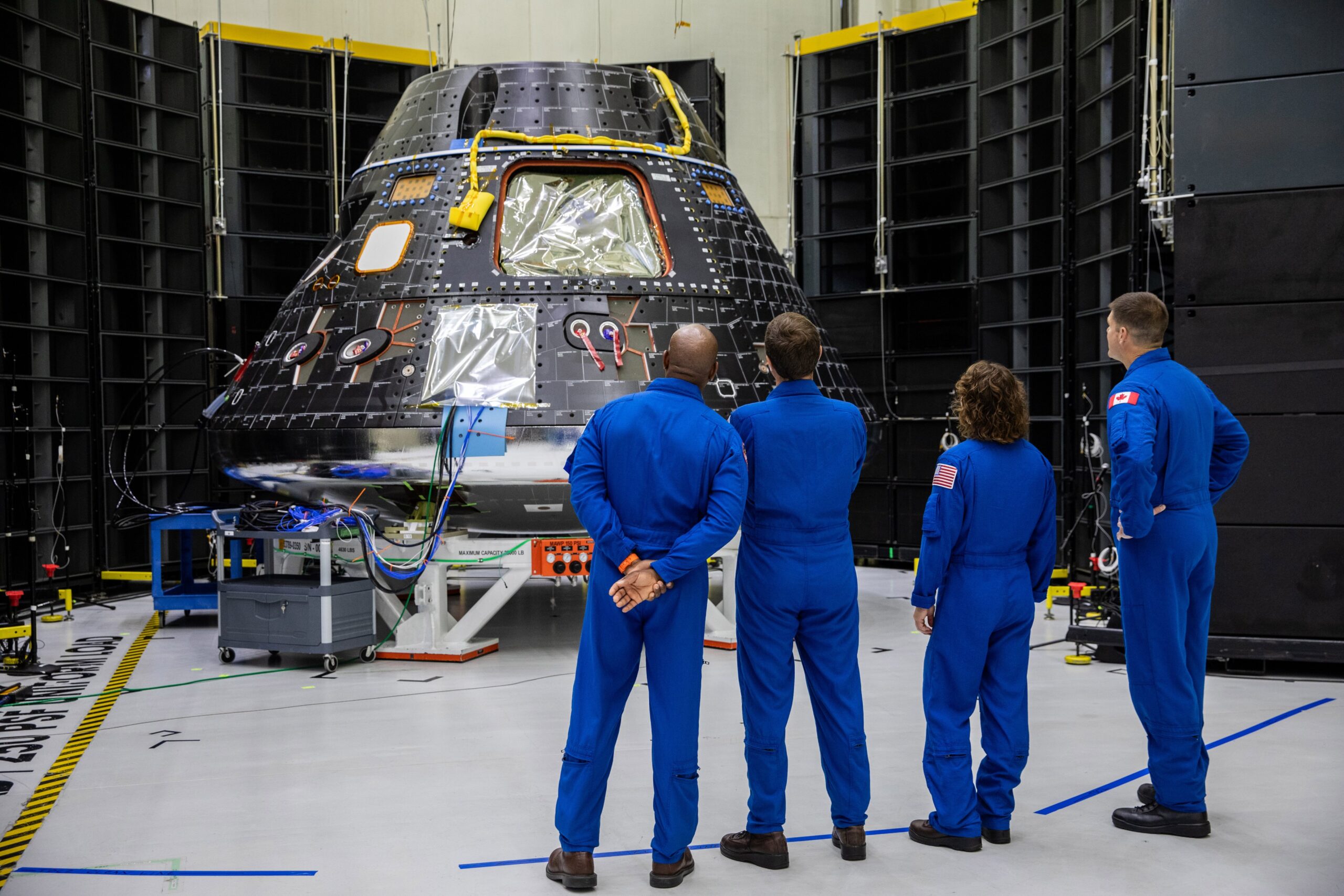Science
Canada Must Seize Space Opportunities During Space Week

As Space Week unfolds this October, Canada is presented with a crucial opportunity to reflect on its contributions to the global space sector while considering its strategic role in the future of space exploration and technology. With the global space economy projected to reach $2 trillion annually by 2040, Canada stands at a pivotal juncture to enhance its participation and leadership.
Currently, Canada’s space sector employs over 25,000 people and contributes approximately $3.2 billion to the nation’s GDP. These figures underscore the sector’s significance, illustrating that it extends beyond mere scientific research into a vital economic driver. According to a Deloitte Canada report, if Canada were to capture a market share in the global space sector proportional to its overall economic presence, it could potentially cultivate a space sector worth $40 billion by 2040.
Strategic Importance of Space
Space has evolved into a critical domain, encompassing various aspects such as defense, climate monitoring, and disaster response. With advancements from private enterprises and international competitors, Canada risks losing its competitive edge in several space-related fields if proactive measures are not taken. This urgency is particularly highlighted during Space Week, which serves as a reminder of the need for sustained investment and policy support.
To harness its potential, Canada must empower the National Space Council, as mentioned in the 2024 federal budget. This council should possess the legal authority and long-term mandate necessary to coordinate commercial, scientific, and defense activities in space. The integration of elected officials into this framework is crucial, as space initiatives impact numerous government departments and mandates.
Canada’s regulatory landscape also requires modernization to facilitate growth in the sector. Laws governing spectrum management, launch liability, and orbital debris mitigation must align with international standards. By creating a stable regulatory environment, Canadian companies can compete more effectively on the global stage.
Building a Competitive Workforce
The success of Canada’s space sector hinges on a skilled workforce. To prepare for future demands, equitable access to education and training is essential. Strengthening partnerships between educational institutions, government agencies, and businesses will help cultivate the talent needed in this rapidly evolving field.
Public investment in space initiatives such as launch trials and Earth-observation platforms is crucial. These projects not only demonstrate Canadian capabilities but also attract private investment, facilitating the scaling of domestic companies. The government must take the lead in fostering early-stage projects that include commercial space capabilities and dual-use systems that can serve both civilian and defense needs.
A recent Novaspace whitepaper emphasizes that Canadian space companies currently face disadvantages compared to international competitors, who benefit from more favorable government support. Addressing these disparities is critical for leveling the playing field and ensuring Canada remains competitive.
As Brian Gallant, CEO of Space Canada, states, “Space Week is an invitation to imagine, to debate and to commit.” It is imperative that Canada utilizes this occasion not merely as a promotional event but as a catalyst for meaningful policy changes and collaborative efforts. If Canada successfully navigates this strategic inflection point, it can emerge not only as a participant but as a leader in the global space economy.
Students and aspiring professionals should view Space Week as more than just an observance; it embodies a wealth of career opportunities and the potential for Canada to assert its leadership on the international stage. By demanding ambitious leadership and fostering innovation, Canadians can collectively launch the nation into a future rich with possibilities in space.
In summary, Canada must act decisively during Space Week and beyond, leveraging its historical strengths in robotics and satellite technology to secure a prominent position in the evolving global space landscape.
-

 Politics4 weeks ago
Politics4 weeks agoSecwepemc First Nation Seeks Aboriginal Title Over Kamloops Area
-

 World5 months ago
World5 months agoScientists Unearth Ancient Antarctic Ice to Unlock Climate Secrets
-

 Entertainment5 months ago
Entertainment5 months agoTrump and McCormick to Announce $70 Billion Energy Investments
-

 Science5 months ago
Science5 months agoFour Astronauts Return to Earth After International Space Station Mission
-

 Lifestyle5 months ago
Lifestyle5 months agoTransLink Launches Food Truck Program to Boost Revenue in Vancouver
-

 Technology3 months ago
Technology3 months agoApple Notes Enhances Functionality with Markdown Support in macOS 26
-

 Lifestyle3 months ago
Lifestyle3 months agoManitoba’s Burger Champion Shines Again Amid Dining Innovations
-

 Top Stories2 months ago
Top Stories2 months agoUrgent Update: Fatal Crash on Highway 99 Claims Life of Pitt Meadows Man
-

 Politics4 months ago
Politics4 months agoUkrainian Tennis Star Elina Svitolina Faces Death Threats Online
-

 Sports5 months ago
Sports5 months agoSearch Underway for Missing Hunter Amid Hokkaido Bear Emergency
-

 Politics5 months ago
Politics5 months agoCarney Engages First Nations Leaders at Development Law Summit
-

 Technology5 months ago
Technology5 months agoFrosthaven Launches Early Access on July 31, 2025





















